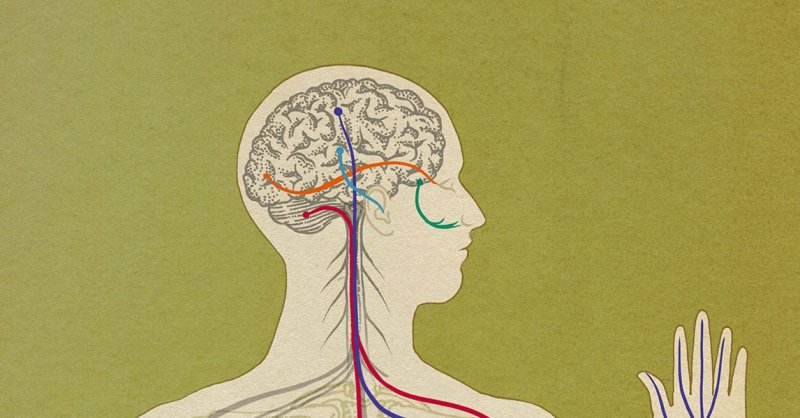After a concussion left [Scott] Moorehead without a sense of smell six years ago, these losses were all he could think about. “Just knowing that I was never going to be able to smell my wife again or my kids” was hard to cope with, he says.
Although the nerves that control smell can often regrow after an injury—they are some of the only neurons known to rapidly replace themselves—Moorehead’s lesion was too severe. He now has anosmia, which means his sense of smell is gone. But he is participating in a nascent effort at the Virginia Commonwealth University (VCU) School of Medicine and Harvard Medical School to develop a partially implantable device that could help people with brain injuries decode and interpret everyday scents.
…
[T]he VCU-Harvard team envisions a device that would potentially fit under the nose—or on a pair of glasses—and include an odor sensor and a small external microprocessor, as well as an internal part to stimulate different areas of the olfactory bulb.…
Developing such an olfactory implant will take years, [surgeon Daniel] Coelho says, but it is not impossible. “It’s a pretty straightforward idea. We’re not inventing anything radically new,” he notes.
Read full, original post: Building a Brain Implant for Smell































